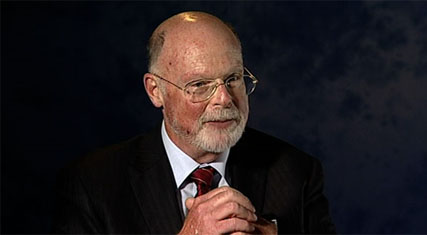Defence ignores budget IT queries

The Department of Defence has been unable to answer questions on how exactly it intends to achieve extensive information technology savings detailed in the 2009 Federal Budget.

Defence CIO Greg Farr
(Credit: ZDNet.com.au)
When the Federal Budget was released earlier this month it revealed that Defence's chief information officer group (CIOG) needed to find $166 million in savings over four years.
The document suggested replacing contractors with internal staff as a major part of the cost cutting, but no further details were supplied.
Two days after the release of the budget, ZDNet.com.au asked Defence how exactly it intended to meet this target, including how many contractors would go and how many internal staff would be hired. But no answer to queries has been received since that time.
Apart from reducing contractor spend, which had been recommended in the Federal Government's Gershon review of IT, Defence Minister Joel Fitzgibbon talked about making Defence's IT function more efficient.
The silence has come as the department has recently been attacked for wasting money on its contractor spend, according to an article in The Australian.
Due to an incident in March where some high-fliers in Canberra were unable to start their computers, the paper wrote that the Department had introduced a rule that restricted the amount of information technology maintenance its contractors could do while parliament was sitting.
The restriction has reportedly meant that on sitting days contractors were unable to do the work for which they were being paid a daily rate — which could be thousands of dollars a day — unless they were granted an exemption. Obtaining an exemption was reported to be a lengthy process.
At the time of writing Defence has not returned a comment on this issue.